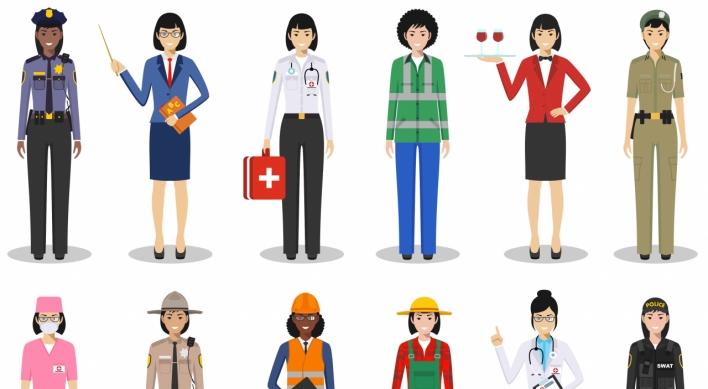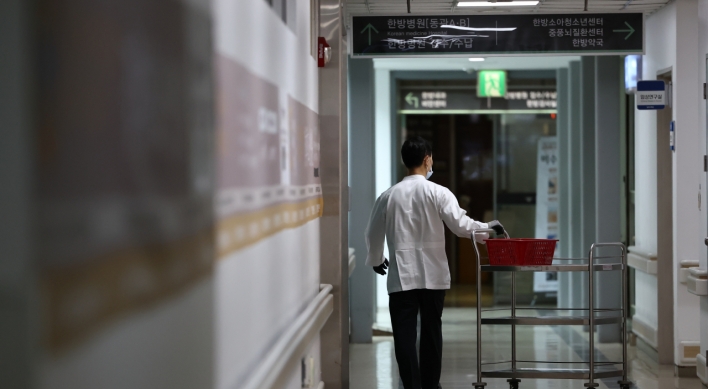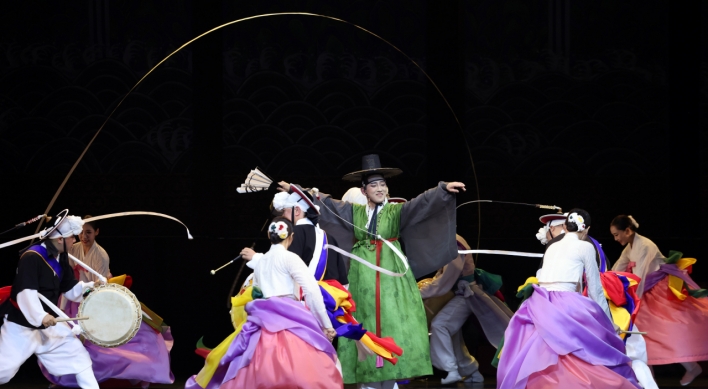The number of civilian aircraft registered in South Korea soared 10.5 percent on-year in 2015 as airlines increased their fleets to better meet consumer demand, the transportation ministry said Tuesday.
As of the end of last year, the country had 724 registered civilian planes, compared with 655 a year earlier, according to the Ministry of Land, Infrastructure and Transport.
Last year marked the first time ever that civilian airplane numbers topped the 700 mark, with the growth being the sharpest reached in the last five years.
Some 87 planes were newly registered last year, with 18 being taken off the official list, as owners sold off or returned leased planes.
Of the total, there was a 28 plane increase for local passenger airlines, with aircraft registered to public agencies rising by 27.
There were also gains for small-time transportation firms and those engaged in the aerospace fields.
Authorities said that leasing aircraft from the country's low-cost carriers (LCCs) contributed to the spike. Many local budget carriers that started off with just a handful of aircraft have expanded their fleet sizes in recent years.
Jeju Air, the country's No. 1 LCC, has 22 planes as of Dec. 31, 2015, while Jin Air, owned by Korean Air Lines Co., the country's top flag carrier, has 19 planes.
Full-service airlines such as Korean Air and Asiana Airlines also had 159 and 84 planes each at the end of last year.
The ministry, meanwhile, said that local operators have been urged to lower the average age of planes in service to enhance flight safety.
Korean Air and Asiana have relatively young fleets, with the average age of planes standing at 9.43 years and 10.11 years. On the other hand, numbers for LCCs Air Busan and Eastar Jets stand at 14.49 years and 13.93 years each.
Authorities said that with rise in air traffic demand, the total number of civilian planes registered in the country should exceed the 1,000 mark by 2019. It said with a steady increase in numbers, the government will tighten monitoring of safety rules and maintenance checks to prevent accidents from occurring. (Yonhap)
- Hanwha Life secures 40% stake in Indonesian lender
- Hospitals in financial crisis amid prolonging medical feud
- Samsung SDI boasts e-bike leadership at China Cycle
- Chip up cycle won’t stay long: SK chief
- Value-up program: Market disappointment does not mean a failure, just yet
- Allegations surrounding BTS resurface, enraged fans demand apology
- Korean labor force to shrink by 10 million by 2044: report
- Students with history of violence will be barred from becoming teachers
- S.Korea and Italy to dedicate 2024 and 2025 to enhancing cultural exchanges
- [AtoZ Korean Mind] Does your job define who you are? Should it?











![[Herald Interview] Director of 'Goodbye Earth' aimed to ask how we would face apocalypse](http://res.heraldm.com/phpwas/restmb_idxmake.php?idx=644&simg=/content/image/2024/05/03/20240503050732_0.jpg&u=)






